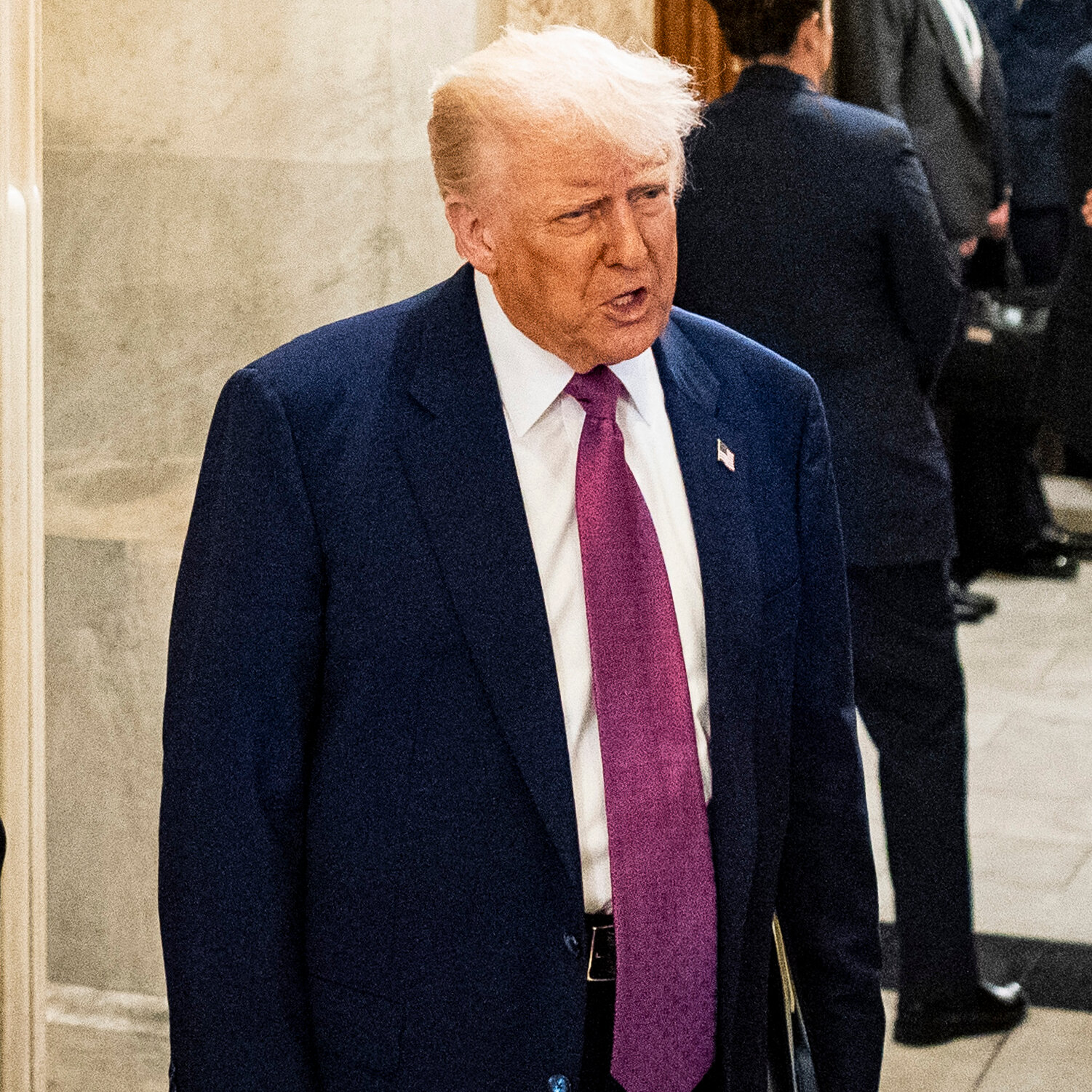A bill pushed by the Trump administration that would extend tax cuts and increase military spending is amplifying debt and deficit concerns among bond investors, a powerful group of market players who strongly influence how much it costs for the government to finance its budget.
The market’s concerns intensified on Wednesday, as Republicans on Capitol Hill continued to wrangle over legislation that would include the extension of sweeping tax cuts passed in 2017, as well as some new ones, without significantly slashing spending.
Those fears manifested in sharply higher yields on U.S. government debt, known as Treasuries, as investors demanded a higher premium to lend to the government. Yields rise as prices fall, and the higher the yields, the more risk investors perceive.
After dropping below 4 percent in early April, the 10-year Treasury yield rose on Wednesday back to 4.6 percent, a large move reflecting investors’ worries over the deficit. The moves for the 30-year yield this year have also been stark: On Wednesday, it rose above 5 percent to its highest level since October 2023, after an auction of new 20-year Treasury bonds received tepid demand from investors, amplifying a sell-off in the market.
The auction also catalyzed a sell-off in the stock market, helping drag the S&P 500 1.6 percent lower for the day, its sharpest drop in a month.
“It goes without saying that if Trump is, in fact, looking to the Treasury market as a barometer of investors’ approval of the action in Washington, then the recent sell-off that brought 30-year yields from as low as 4.65 percent earlier this month to 5.095 percent is without question a troubling development,” said Ian Lyngen, an interest rate strategist at BMO Capital Markets.




